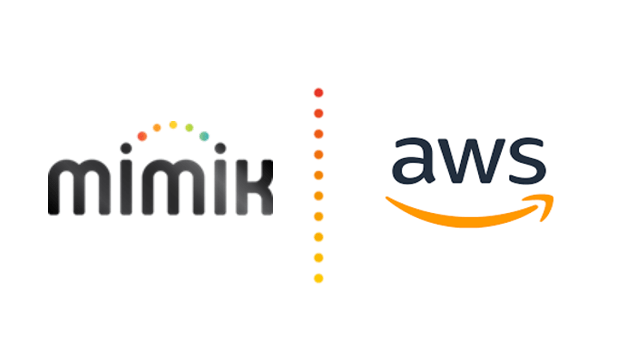Startup mimik technology Inc. aims to help developers and enterprises offload some of their cloud computing workloads to the “network edge.”
So today, the Vancouver-based company is launching a new edge cloud platform and software development kit that it said can be used to create “smarter, more responsive applications” that effectively transform devices such as smartphones into “cloud servers.” The idea is that companies can tap into these devices and leverage their computing power at the network edge, lessening their dependence on traditional cloud computing.
Developers can use mimik’s edgeEngine to create lightweight container environments on devices including personal computers, tablets, smartphones, home routers and settop boxes, and then run microservices atop them. Container environments are used by developers to isolate their apps so they can run on any kind of platform, while microservices are the components used to build those apps.
In a nutshell, mimik’s platform and SDK can be used to build applications that run directly on edge devices such as smartphones, instead of a regular computer server hosted in the public cloud.
“Using mimik can benefit almost any application that uses cloud today,” mimik Chief Marketing Officer Phil Belanger said in an interview with SiliconANGLE. “With mimik, the application developer can optimize how they are using the cloud back end.”
Some of the advantages of offloading workloads to the edge include being able to sidestep issues such as low bandwidth and latency and immediately access and analyze information generated by devices and applications running onsite, since they no longer need to send data to their cloud servers to be processed. This leads to faster access to data-driven insights and lower costs, because less data is sent to the cloud. Edge computing is particularly beneficial for some emerging use cases such as the “internet of things” and self-driving cars, where data needs to be processed in as close to real time as possible.
What mimik is delivering is essentially a “decentralized cloud” platform that will provide businesses with more choice about how and where to run their applications, officials said.
“Mimik helps modernize cloud applications,” Belanger said. “For example, let’s take a mobile app that controls a smart thermostat. Today virtually all of these apps send their communications from the thermostat to the cloud and the app actually only knows how to talk to the cloud to get the latest information. With mimik the mobile phone would be able to talk to the smart thermostat directly when in the same room or on the same home network. It’s faster, better, more responsive and can work in the house even when the internet is down.”


